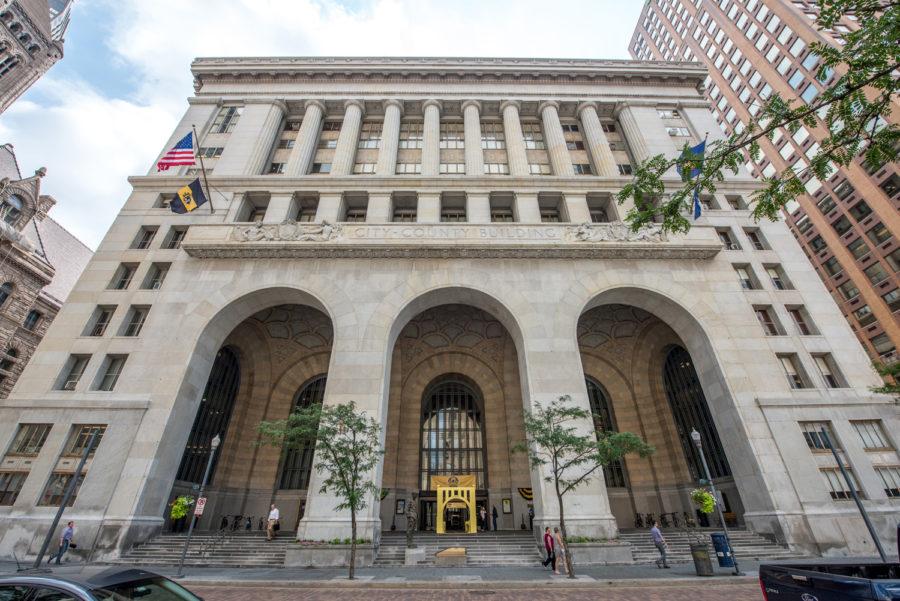Editorial: Conversion therapy ban a good first step
The Allegheny City Council introduced legislation to ban conversion therapy for minors on Tuesday.
March 7, 2019
The Allegheny County Council entertained the idea of prohibiting LGBTQ+ conversion therapy this week when council President John DeFazio and council member Paul Klein introduced legislation that would ban the controversial practice.
The proposed ban would prohibit mental health providers from offering conversion therapy as a way of attempting to change a minor’s gender identity or sexual orientation. The process is considered ineffective and abusive by most medical professionals, and a ban on it is a good step forward for Allegheny County.
Conversion therapies are interventions meant to change a person’s sexuality identity with heterosexuality as the end goal, according to the American Academy of Child & Adolescent Psychiatry. The organization also states the practice lacks “scientific credibility and clinical utility.”
The American Psychological Association and the American Academy of Pediatrics, among other organizations, recognize that homosexuality and other sexual orientations are not diseases that need to be cured or treated. The proposed ban would codify this point of view, but it has received some local pushback.
“We’re taking away children’s right to seek help and we are interfering in parental rights,” councilperson Sue Means said during a council meeting Tuesday.
But this is a completely flawed and dangerous way of thinking. Conversion therapy harms children’s rights, and parents can opt to subject their children to the psychologically damaging practice whether they want it or not. Parental rights are the last thing at stake with the proposed bill.
“Please keep in mind the children and their rights, their ability, to not be forced to do this by their parents, just their overall safety,” Cullen Boyer, a 19-year-old Penn Hills resident said at this week’s council meeting. Boyer knows people who have been subjected to conversion therapy and thinks the ordinance banning it would greatly benefit the local LGBTQ+ community.
Data from the Williams Institute at the University of California, Los Angeles School of Law shows that about 698,000 LGBTQ+ adults in the United States have undergone conversion therapy, with about half receiving the treatment as teenagers. An estimated 20,000 more will teens will undergo the practice with a licensed health care professional before they are 18 years old and about 57,000 teens will receive treatment from a spiritual advisor.
If Allegheny County joins the list of counties and 15 states with a ban on conversion therapy, it’s possible a lot of teenagers could be saved from this traumatic, inhumane experience. They could also be safer without the possibility of their parents subjecting them to the practice.
But just passing the ordinance isn’t enough. It doesn’t include a way to enforce or punish those who defy it, and Bethany Hallum, who is running against DeFazio for his council seat, says we shouldn’t take the ordinance as a final solution. To make this a viable ban going forward, there would need to be more open communication between counties and an anonymous reporting line.
The ban is a good first step and long overdue, but there’s more to be done to make sure conversion therapy ends for good.



